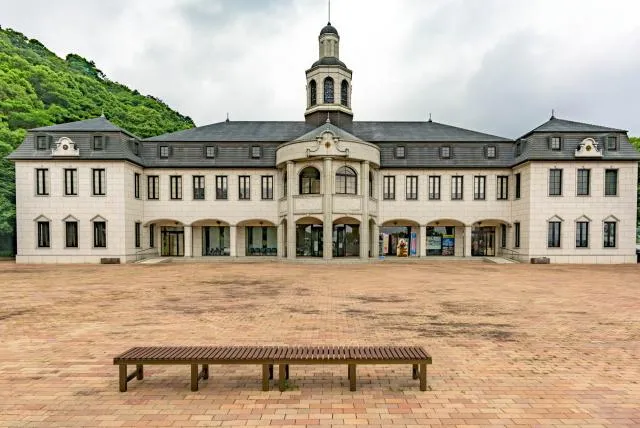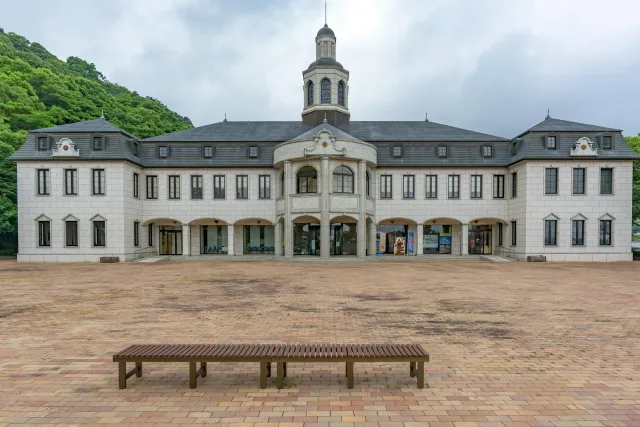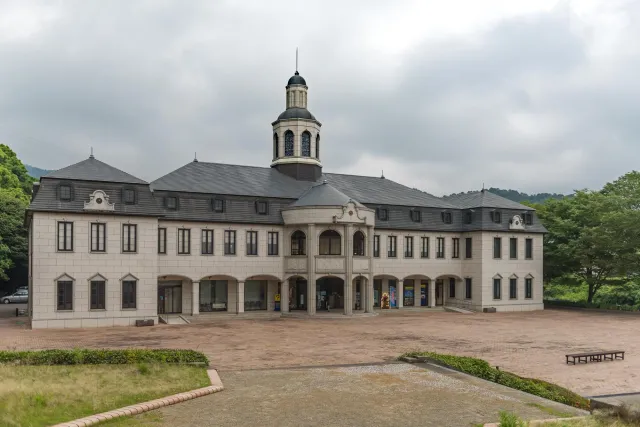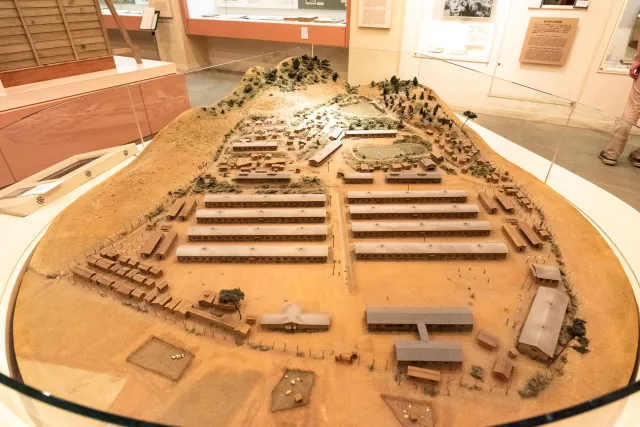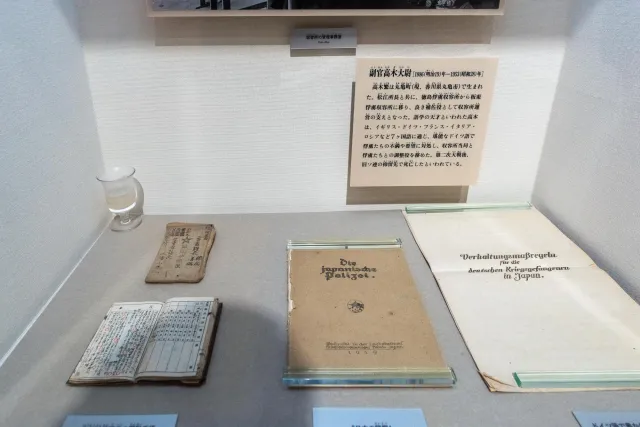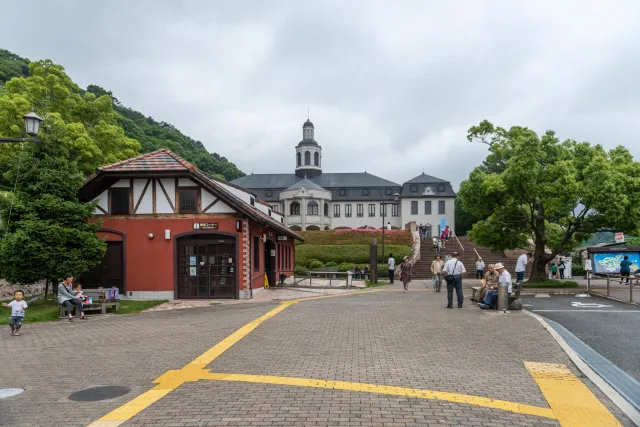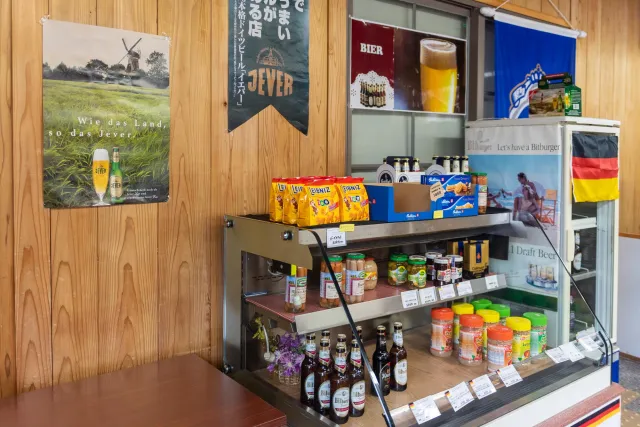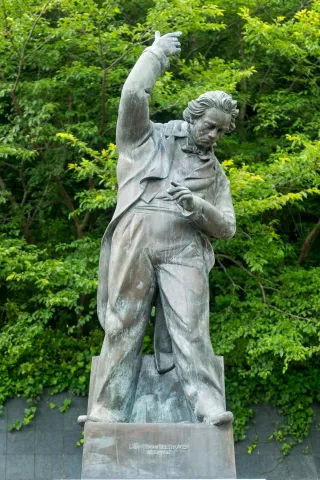After the siege of the German leased area and trading base Qingdao by the Japanese army, the German troops in China surrendered on November 7, 1914 during World War II. Around 4,700 Germans were then interned in 12 camps in Japan. The Bando camp occupies a special position here, because while torture was reported from other Japanese camps, thanks to the liberal attitude of the camp commandant Matsue Toyohisa, a good cooperation between the local population and the prisoners developed here. The latter were not professional soldiers but reservists and volunteers who had various training and were happy to pass on their knowledge to the population but also to each other.
The many musical circles that emerged in the Bando camp deserve special attention: the musical highlight and lasting legacy was the Japanese premiere of Ludwig van Beethoven's 9th Symphony on June 1, 1918, which is being sung in numerous cities in Japan during the New Year celebrations. The prisoner orchestra was conducted by the captured marine Hermann Richard Hansen. (Source: Wikipedia). In Naruto today, June 1st is the "Day of the Ninth".
You can hear this symphony played by a puppet theater all year round (in excerpts) in the "Deutsches Haus Naruto". The mighty house appears quite unexpectedly in strong German architecture on its access road. We would not have suspected such a structure on Shikoku, the smallest of the Japanese main islands. The surprise was even bigger when we got to the imposing bronze Beethoven statue and finally found the "German Shop" with typical German food. Here you could buy pickled cucumbers, sausages, etc.
The German House was built as a memorial and its museum houses interesting items from the storage period.
